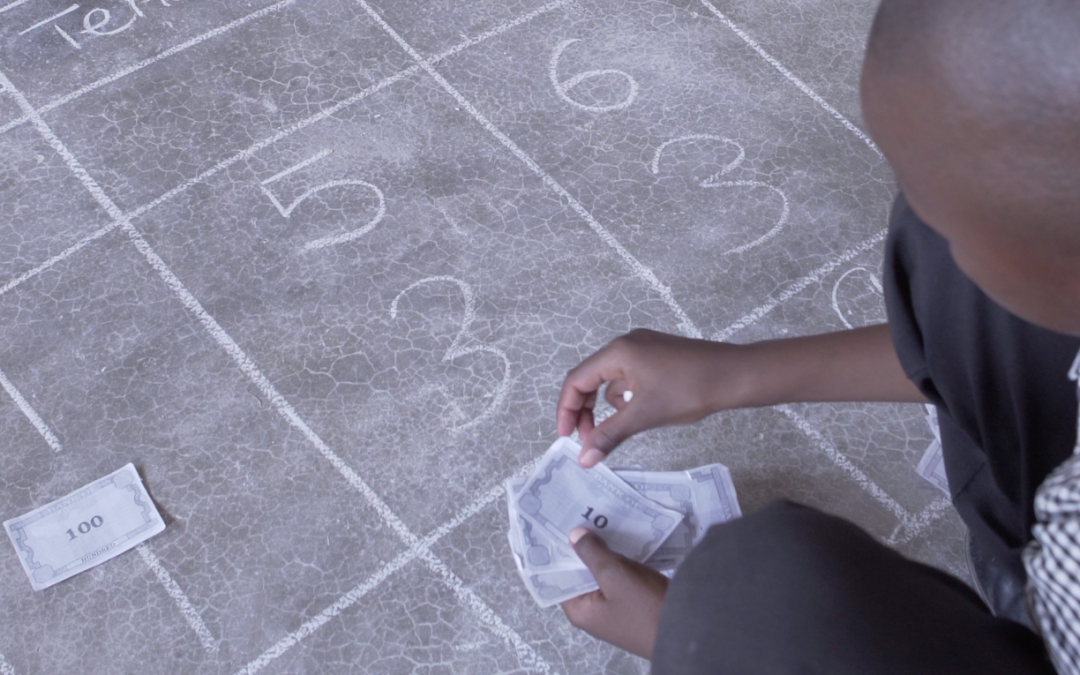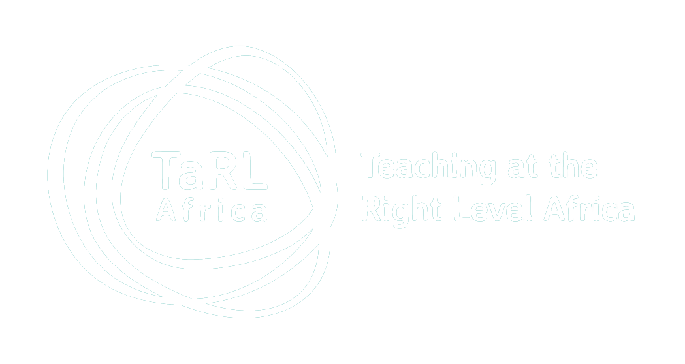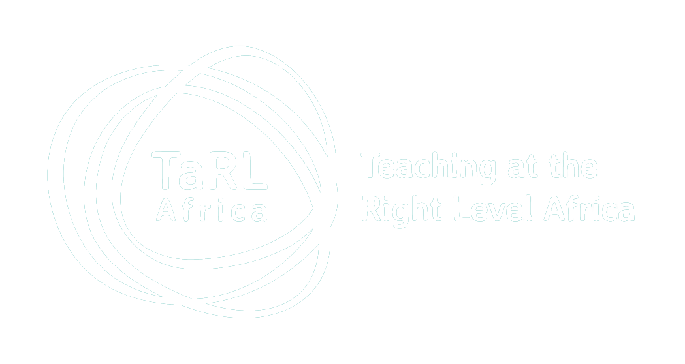
Teaching at the Right Level (TaRL) Africa is excited to announce its new research engagement with Global Partnership for Education Knowledge Innovation Exchange (GPE KIX), an initiative of the Global Partnership for Education (GPE) and the International Development Research Centre (IDRC). KIX works “to connect the expertise, innovation and knowledge of GPE partners to help developing countries build stronger education systems.” KIX partnered with IDRC to “fund and support regional learning partners who will design and operate hubs to serve a critical knowledge brokering function.”
This opportunity will help TaRL Africa more quickly reach our goal of ensuring all learners master basic reading and mathematics skills, opening doors to a brighter future for children across the continent.
Over the next five years, governments in Africa: specifically, Côte d’Ivoire, Nigeria, and Zambia, are looking to scale up TaRL to reach over three million children with direct support from TaRL Africa. This provides a critical window for research and learning on several issues focused on ensuring the TaRL model is best suited for each country based on existing systems and needs. Lessons from this research will help to better understand what works in foundational skills Education.
As Ministries of Education have begun piloting and scaling the TaRL approach in Africa, a key challenge that has emerged is how governments can support teachers through training, mentoring and monitoring fully within the government’s existing systems. Given the importance of teacher support as identified in the TaRL Africa Learning Agenda, building these support functions effectively into government systems is critical to the long-term impact of TaRL. However, building these systems has proven to be expensive and difficult. By further adapting how these support functions sit within local settings and testing these adaptations, the TaRL Africa team hopes to further support governments in effectively improving learning outcomes for all learners.
To better unpack these systems and ensure they are effective at scale in the long term with minimal non-governmental support and test out models, the research will be carried out in three key phases over the next three years:
- Phase 1: Qualitative research – This phase will look to unpack how teacher support is working within TaRL supported systems and in the normal system and results discussed with Ministry counterparts.
- Phase 2: Pilot innovations – Ministry counterparts will select a few innovations identified during phase 1 to pilot over several months. The TaRL Africa team will support Ministry counterparts to implement and monitor how these innovations work on the ground and results discussed with Ministry counterparts.
- Phase 3: Randomized evaluations – Ministry counterparts will select 1-2 innovations that seem promising to rigorously test out at scale in government systems. Results from the evaluation will be discussed with Ministry counterparts and used to inform future scale of TaRL.
Note: TaRL Africa expects to support two randomized evaluations across the three countries during this grant period.
The outcome from this research will be useful as the governments of the three countries currently implementing the TaRL approach (with support from TaRL Africa and partners) will directly co-produce and take up knowledge outputs and public goods. Moreover, the research will produce teacher support knowledge that is directly relevant and useful to countries who are themselves working on scaling the TaRL approach and the models and adaptations tested.
We are excited for this next step in TaRL Africa’s growth on the continent. We hope this research can also provide global insights on supporting and mentoring teachers.

